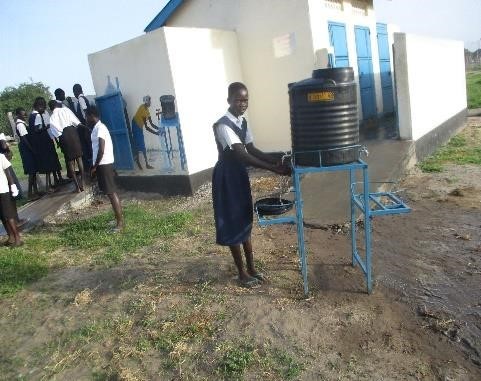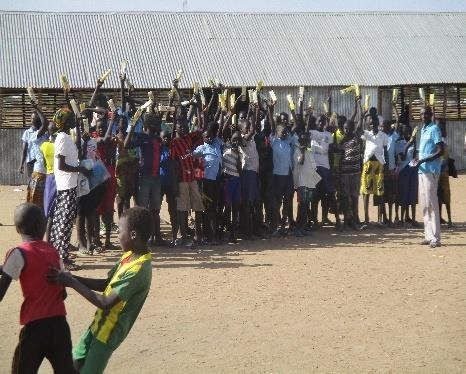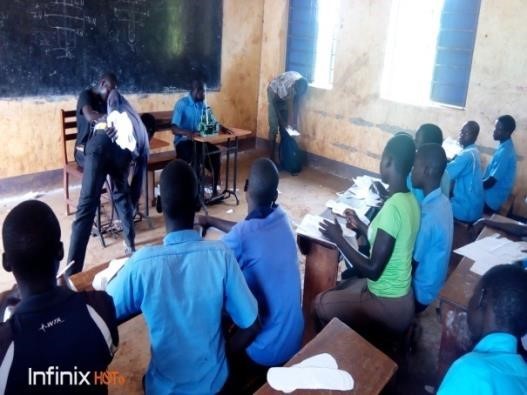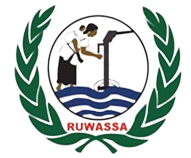RUWASSA’S PROGRAM AREAS
WASH EMERGENCY RESPONSE
Just like food and shelter, safe water and sanitation are the highest priority interventions in emergency situations. Unless adequate water and sanitation services are quickly provided to emergency-affected children and their families, disease and death will follow. And unless good hygiene is consistently practiced by affected people, the danger of diarrhea, cholera and other disease outbreaks will persist. This is true in all types of emergencies, from rapid onset natural disasters to long-term crises caused by a range of complex factors.
The political, cultural and health landscape of South Sudan is not yet been very stable for the last 30 year plus. RUWASSA has responded with water, sanitation and hygiene interventions to several emergencies in Sudan across several states.
RUWASSA is skilled to provide emergency response to WASH needs in critical emergency situations. We install safe water supplies, provide water treatment mechanisms and distribution of hygiene kits in areas affected by conflict, natural disasters and prone to disease outbreaks.
“Where an immediate hand is needed to provide urgent WASH support, RUWASSA is available
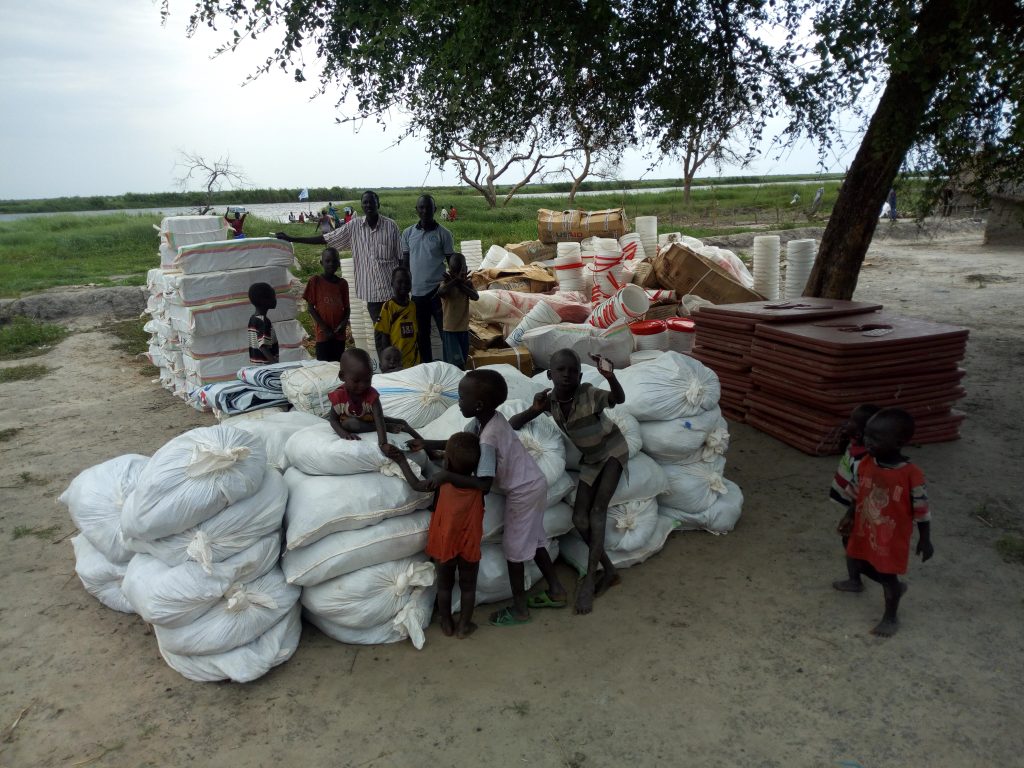
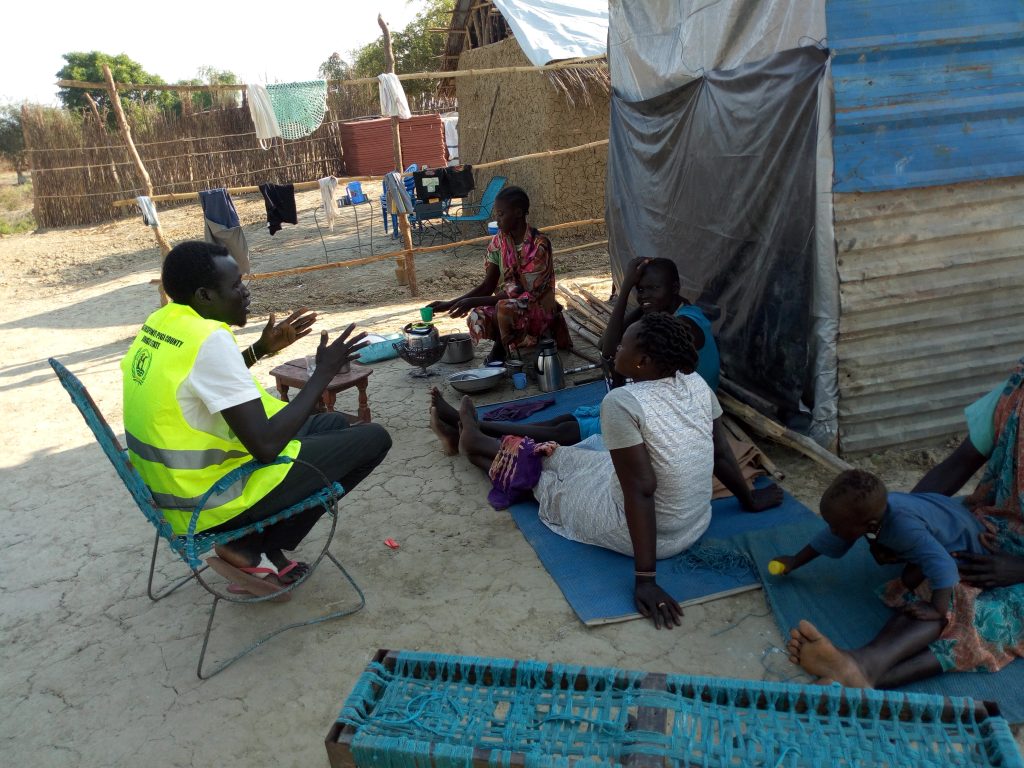
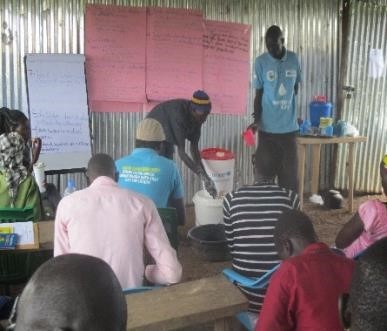
SAFE WATER SUPPLY INFRASTRUCTURE
We work with local partners to help communities access safe water. And we use our experience, technology and research to influence decision-makers to do more to provide these vital services.
RUWASSA provides professional services in drilling of boreholes, rehabilitation of existing boreholes, and construction of water catchment facilities and provision of emergency water purification materials to communities.
In our work, we encourage community participation in safe water initiatives including among others; operations and maintenance, provision of local labor, site selections, management of the water facilities through formation and training of water management committees and integration of the water management into available community leadership hierarchy.
Our strategy of community participation fosters ownership and sustainability of the water supply facilities and equipment.
“To transform lives, through water resources exploration, technically improve only preferred available options and professionally empower communities on sustainable management”
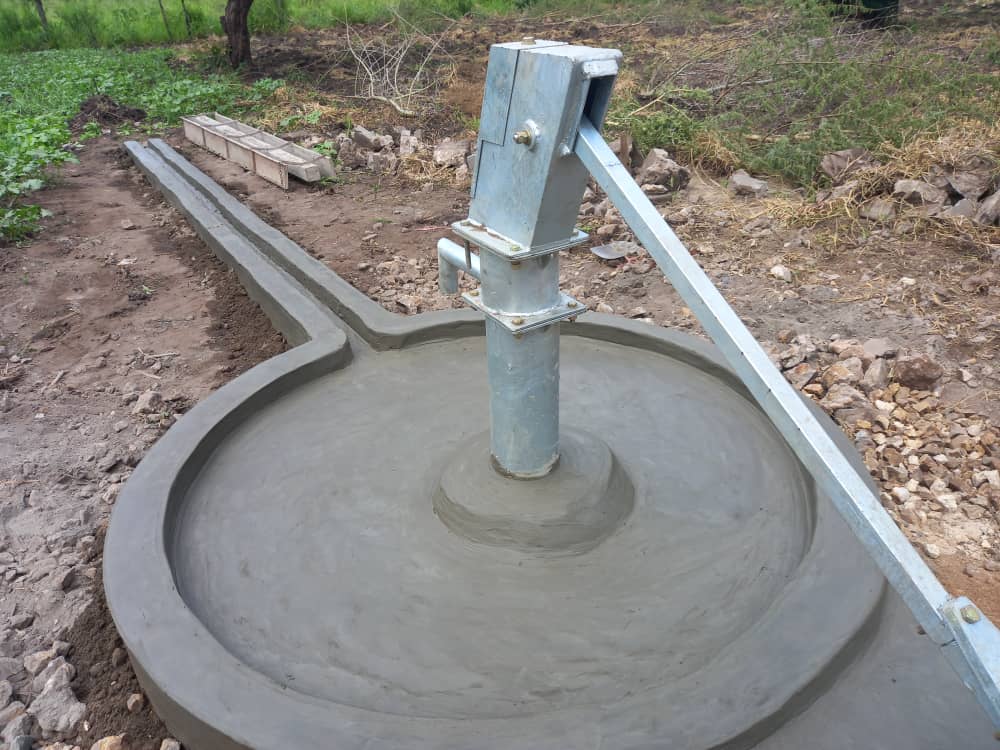
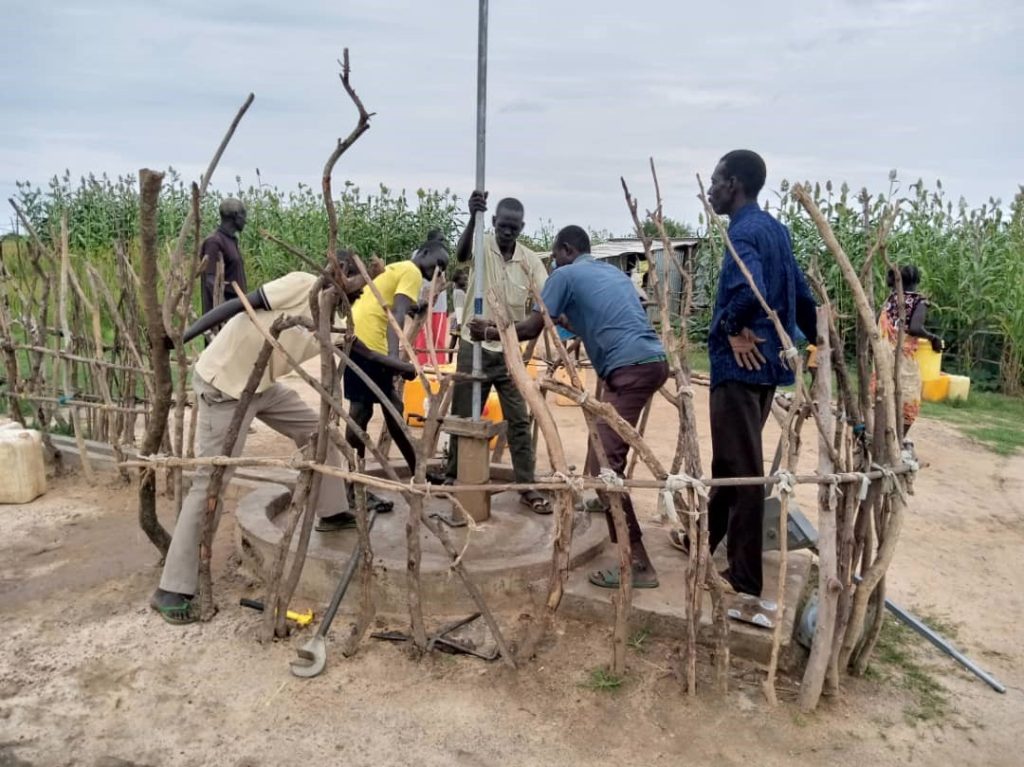
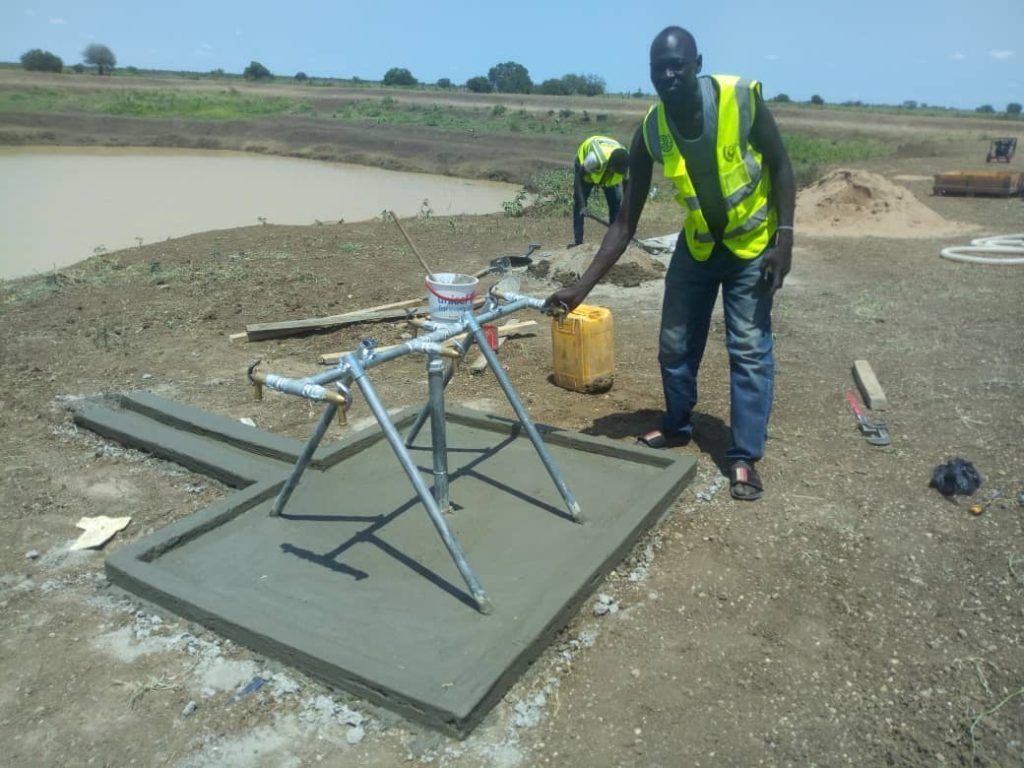
SANITATION INFRASTRUCTURE AND HYGIENE PROMOTION
Good hygiene practices and access to sanitation facilities are critical to achieving sustainable improvements in community health. Clean water may be available in a household, but if handwashing and other practices are not routinely followed, the promised health benefits will not materialize. Similarly, access to a latrine does not ensure that the latrine will be used or properly maintained.
Without a good understanding of the link between hygiene and disease, the health benefits of safe water and sanitation can be easily lost. Water.org holds intensive training and motivation seminars throughout the project on the link between good health and good hygiene. These seminars link common illnesses (such as diarrhea) with proper hygiene (such as hand-washing before eating or preparing food). Linking sanitation with common health concerns increases community commitment and involvement.
Using different approaches, we mobilize and support communities in championing self-help activities like: Good hygiene practices, Abandonment of open defecation practice in favor of improved latrine use. This involves mobilization through intensive community level assessment and the creation of local market-based sanitation and hygiene product services to the community. To achieve this, we maintain a close-arm relationship with communities through working with Hygiene Promoters who are selected from grassroots’ communities with a detailed and conceptual understanding of the communities’ practices, culture towards certain issues, language and local political context.
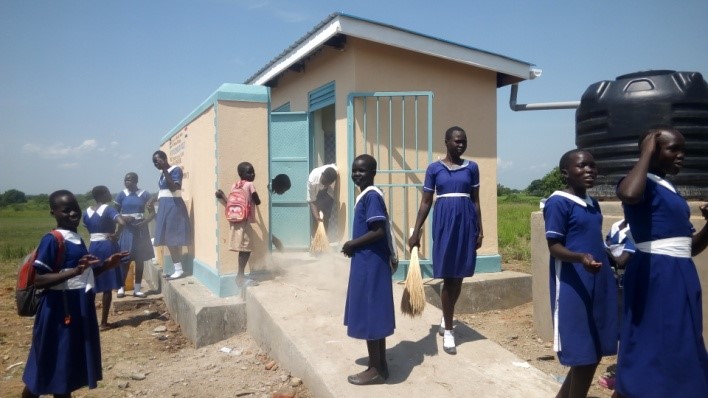
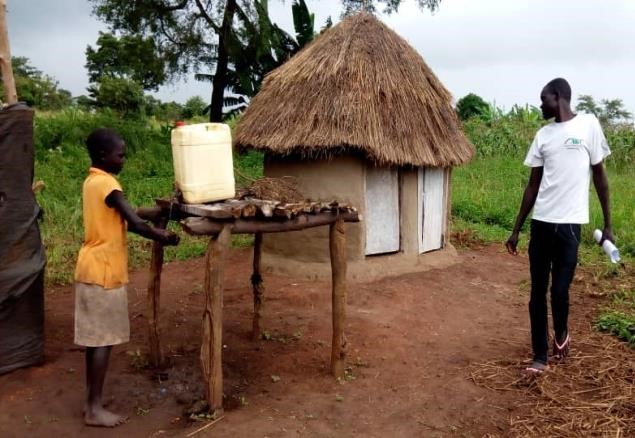

CAPACITY BUILDING
Capacity building in WASH (water, sanitation and hygiene) is essential to achieve Sustainable Development Goal 6, ensure availability and sustainable management and water and sanitation for all. Developing capacity in WASH is not just the right thing to do but also makes business sense.
RUWASSA understands that capacity building is a foundation to achieve the SDGs particularly SDG 6. Knowledge transfer, skills development, behavioral change, implementing appropriate solutions and effective programs is at the helm of RUWASSA’s work.
RUWASSA works and builds the capacity of the partners they work with through trainings. These include CBOs, Government departments like Water, Health and Education, Community and school structures like hygiene clubs, Hygiene promoters, Sanitation committees and Water management Committees
“Building people’s capacity yields long-term, sustainable returns and leads to action and behavioral change”
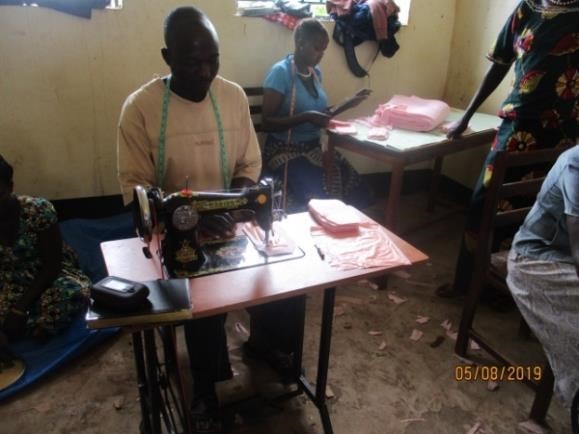
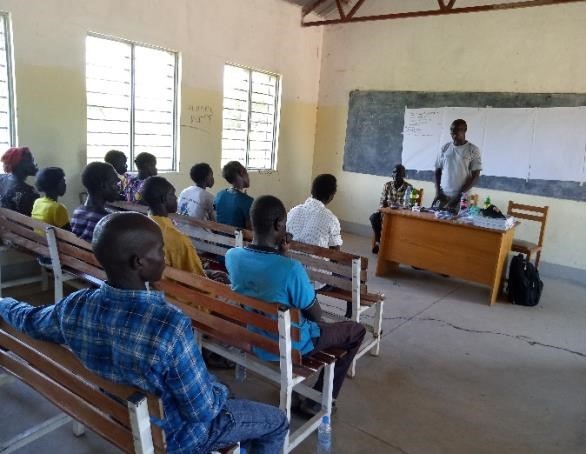
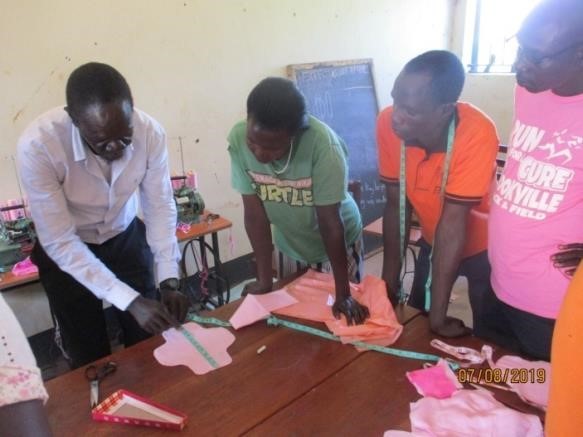
WASH IN SCHOOLS
The inclusion of WASH in schools in the Sustainable Development Goals (targets 4.a, 6.1, 6.2) represents increasing recognition of their importance as key components of a ‘safe, non-violent, inclusive and effective learning environment’ and as part of ‘universal’ WASH access, which emphasizes the need for WASH outside of the home.
While at school, every school child has the right to quality education, which includes access to safe drinking water, sanitation and hygiene services.
RUWASSA implements programs in schools and part of its services include; water supply through drilling new bore holes/rehabilitating broken hand pumps and setting up small water distribution systems; sanitation through constructing institutional latrines; hygiene through hygiene promotion which include MHM for girls and SLTS to tackle open defecation to bring about behavioral change.
RUWASSA recognizes that WASH in schools is one of the effective ways of increasing access, positive health impacts, cognitive abilities and learning outcomes.
WASH in schools creates a ‘safe, non-violent, inclusive and effective learning environment’
